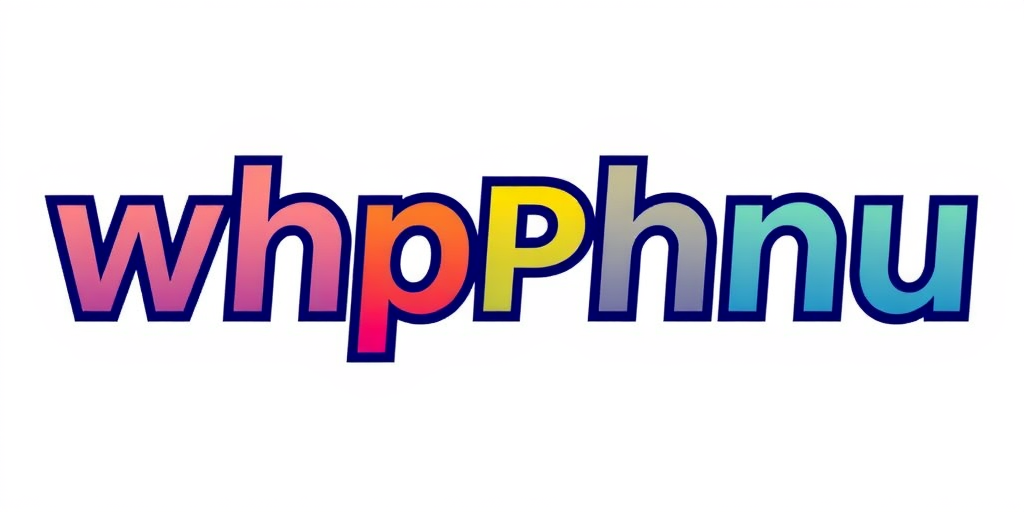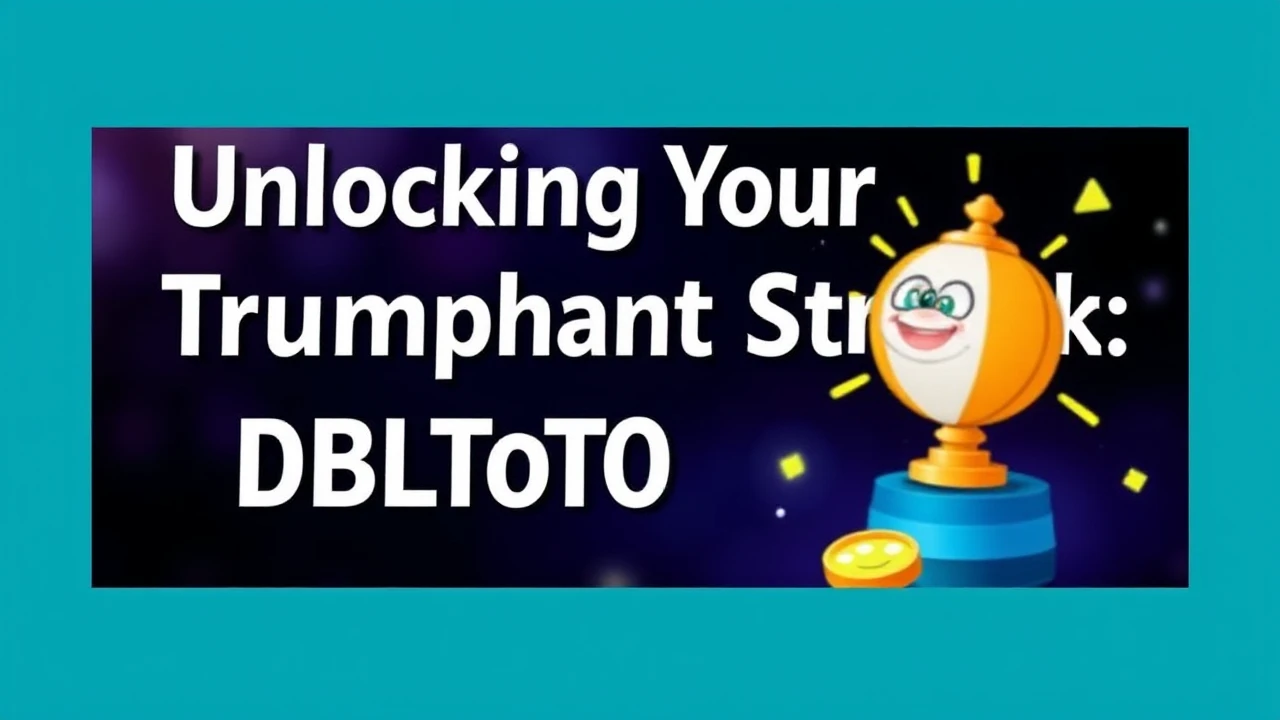Today's Top Highlights
Stay updated with the latest insights and trends in online gaming
Others
 READ MORE
READ MORE
Exploring Online Casino Slots: A Journey to Special Features

Alexandra Reese
14 Sep 2025
Others
 READ MORE
READ MORE
Cara Tepat Mendapatkan Kemenangan Besar dalam Game Slot Online

Alexandra Reese
13 Sep 2025
Others
 READ MORE
READ MORE
What's Next of Personalized Gameplay Experiences in Slot Machine Entertainment

Alexandra Reese
13 Sep 2025
Others
 READ MORE
READ MORE
Important Tips for Remaining Secure While Online Casino Gambling

Alexandra Reese
13 Sep 2025
Esports
 READ MORE
READ MORE
Unveiling the Top 10 Canadian Casino Destinations You Must Experience

Alexandra Reese
12 Sep 2025
Others
 READ MORE
READ MORE
Langkah-langkah Komprehensif Bermain Game Judi Kasino Online

Alexandra Reese
12 Sep 2025
September 2025 Blog Roll
August 2025 Blog Roll
July 2025 Blog Roll
June 2025 Blog Roll
Popular Posts
Sponsored News

Others
Diving into the Enthralling Realm of Internet-based Casino Machine Incentives
 Alexandra Reese
| 12 Sep 2025
Alexandra Reese
| 12 Sep 2025

Others

Others

Others

Others
Diving into the Depths of Ocean and Sea-Inspired Casino Games: Discovering the Depths of Entertainment
 Alexandra Reese
| 12 Sep 2025
Alexandra Reese
| 12 Sep 2025

Others
Nailing the Dos and Don'ts of Selecting the Perfect Slot Game Volatility: A Comprehensive Guide
 Alexandra Reese
| 12 Sep 2025
Alexandra Reese
| 12 Sep 2025





